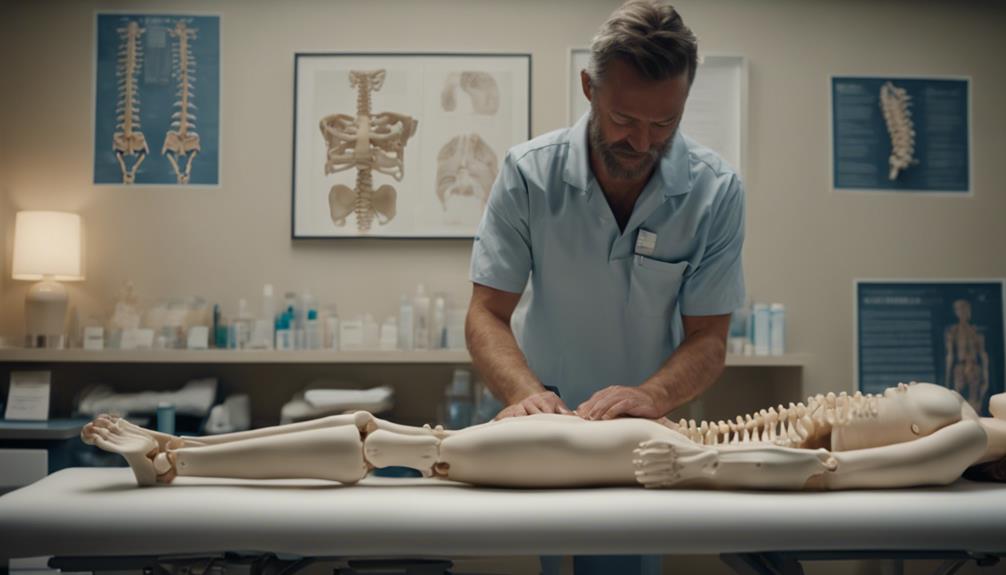Migraine Headache: Understanding Triggers and Treatments
What is a Migraine Headache?
A migraine headache is more than just a typical headache. It usually presents with intense, throbbing pain that can be debilitating. This type of headache is often accompanied by other symptoms such as sensitivity to light, sound, or smells, and sometimes even nausea. Unlike tension-type headaches, migraines can last for hours or even several days, significantly impacting one’s quality of life. Understanding migraine headaches is crucial for effective management and treatment.
Common Triggers of Migraine Headaches
Identifying the triggers of migraine headaches can help in preventing episodes. Common culprits include stress, hormonal changes (often seen in women), certain foods, and environmental factors like bright lights or strong smells. For many individuals, changes in sleep patterns and dehydration are also significant triggers. Keeping a migraine diary to track when headaches occur and the potential triggers can provide insights that lead to better management strategies.
Types of Migraine Headaches
There are several types of migraine headaches, each with distinct features. The most recognized is the migraine without aura, characterized by pulsating pain on one side of the head. Then there’s migraine with aura, which may present visual disturbances or sensory changes before the headache begins. Other variations include chronic migraines, hemiplegic migraines, and vestibular migraines. Understanding the type of migraine headache one experiences can lead to more targeted treatments.
Diagnostic Criteria for Migraine Headaches
Diagnosing migraine headaches typically involves a thorough medical history and physical examination. Healthcare providers may use criteria established by the International Classification of Headache Disorders, such as the frequency and intensity of headaches, and accompanying symptoms. While there is no specific lab test for migraines, imaging studies like MRI or CT scans might be employed to rule out other conditions. Accurate diagnosis is essential for finding the most effective treatment plan.
Treatment Options for Migraine Headaches
There are several treatment options available for migraine headaches. These can be classified into acute treatments, which aim to relieve symptoms during a migraine attack, and preventive therapies designed to reduce the frequency and severity of attacks. Over-the-counter medications like ibuprofen and acetaminophen can be effective for mild migraines, while prescriptions such as triptans may be used for more severe cases. Preventive treatments may include beta-blockers, antidepressants, and lifestyle changes.
Natural Remedies for Migraine Headaches
Many individuals with migraine headaches seek out natural remedies alongside conventional treatments. Techniques such as acupuncture, yoga, and meditation can be beneficial for reducing stress and alleviating headache symptoms. Additionally, herbal supplements like butterbur and feverfew have shown promise in some studies. Maintaining a consistent sleep schedule, staying hydrated, and following a healthy diet rich in essential vitamins and minerals can also play a significant role in managing migraines naturally.
The Impact of Lifestyle on Migraine Headaches
Lifestyle choices can have a profound impact on the frequency and severity of migraine headaches. Regular exercise can help reduce stress and improve overall health, potentially lowering the risk of migraines. Furthermore, a balanced diet that avoids known food triggers can lead to fewer headache occurrences. It’s also vital to prioritize sleep hygiene; inadequate or erratic sleep patterns are common triggers for migraine headaches. Thus, making intentional lifestyle changes can significantly benefit those affected by migraines.
When to Consult a Healthcare Professional for Migraine Headaches
While many people can manage their migraine headaches with lifestyle adjustments and over-the-counter medications, there are times when professional medical advice is necessary. If migraines occur frequently or worsen in intensity, consulting a healthcare professional is critical. Additionally, if migraine headaches are accompanied by neurological symptoms such as confusion, severe vision changes, or weakness, immediate medical attention is essential. Establishing an ongoing relationship with a healthcare provider can enhance management strategies tailored to the individual’s needs.
